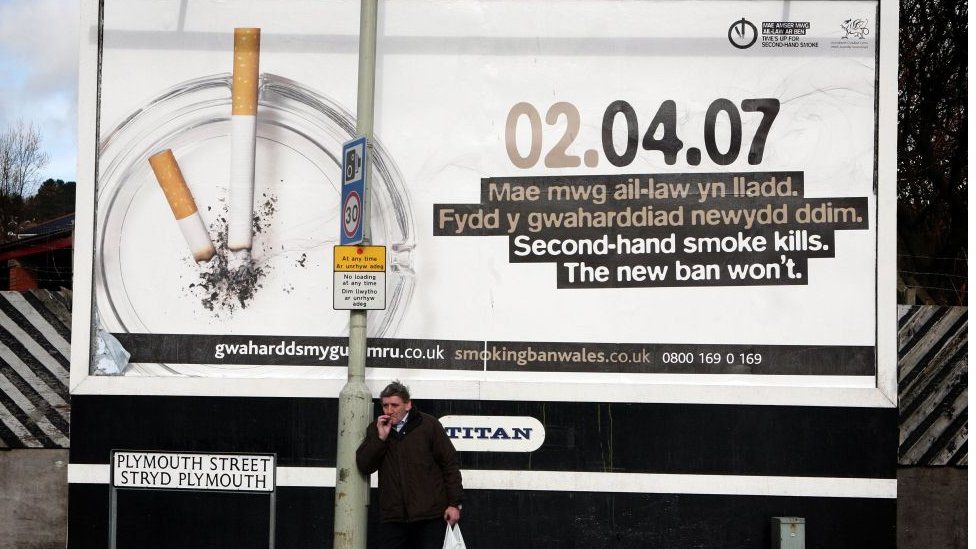-

-
-
Loading

Loading

New Zealand has decided to reverse its landmark smoking ban aimed at the younger generation, which may have influenced similar restrictions introduced by UK Prime Minister Rishi Sunak. While this U-turn may be seen as a setback for worldwide anti-smoking campaigns, there are still many countries that are intensifying their efforts to combat tobacco use. Under the proposed legislation in the UK, individuals aged 14 and under would be permanently banned from legally purchasing cigarettes or any other tobacco products. The goal is to deter future generations from smoking, as statistics from Cancer Research show that nine out of ten people start smoking before the age of 21. It is important to note that the law will not criminalize the act of buying tobacco, nor will it prevent those currently older than 14 from being sold tobacco in the future. Previously, New Zealand's government had implemented strict measures to crack down on smoking, including restricting the sale of tobacco products and reducing nicotine levels in cigarettes. However, the newly elected government plans to repeal these laws, stating that it would help finance tax cuts. Several countries around the world are implementing stringent anti-smoking regulations. Mexico, for example, has some of the most comprehensive anti-smoking laws, including bans on smoking at beaches, parks, and even in some private homes. Portugal aims to achieve a "smoke-free generation" by 2040 and is considering legislation that would prohibit the sale of tobacco products in bars, cafes, and petrol stations. Canada is also working towards reducing tobacco use to less than 5% by 2035 and recently became the first country to require health warnings on individual cigarettes. According to the World Health Organization (WHO), more than a quarter of the world's population is covered by complete smoking bans in public places, workplaces, and public transportation. This number has significantly increased over the years, with 74 countries currently implementing "smoke-free policies." Ireland was the first country to ban smoking in all indoor workplaces, including restaurants and bars, in 2004. In 2006, Uruguay became the first country in the region to adopt a "100% smoke-free national policy," which included bans on smoking in enclosed public spaces and restrictions in some outdoor areas near hospitals and schools. Just last year, Paraguay became the final country in South America to pass national laws creating "smoke-free environments," permitting tobacco use only in specific open-air spaces with low occupancy. While many countries have implemented anti-smoking laws on paper, there may be a lack of enforcement in reality. The European Commission acknowledges this challenge, with some countries like Greece, Hungary, Ireland, the Netherlands, Romania, and Spain having strong enforcement mechanisms. However, countries such as Cyprus, Czech Republic, Latvia, Poland, and Slovakia have limited protections, and even those are not consistently followed. In the UK, the 2006 Health Act prohibited smoking in enclosed or substantially enclosed spaces, effectively making workplaces, bars, restaurants, and public transport smoke-free environments. In 2014, the Children and Families Act further limited smoking by prohibiting it in cars carrying children. As a result of these initiatives, smoking rates in the UK are at their lowest recorded levels, although there are still 6.4 million adult smokers in the country.